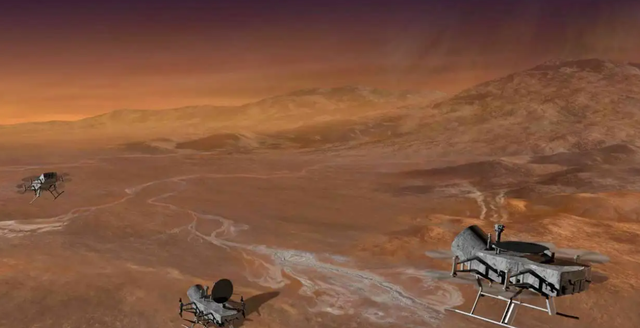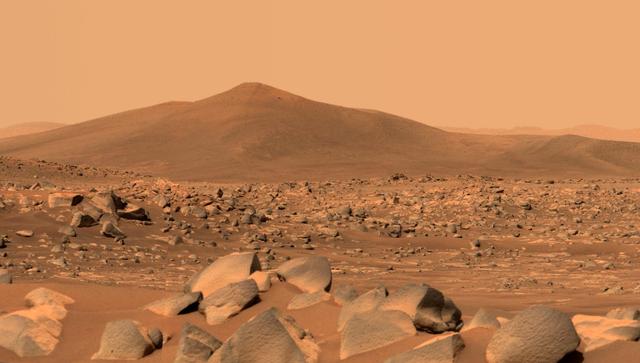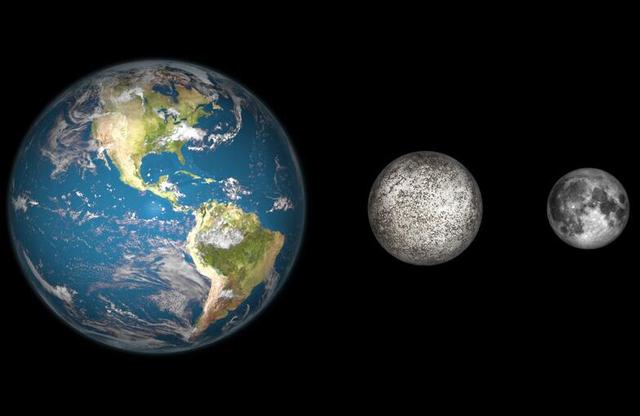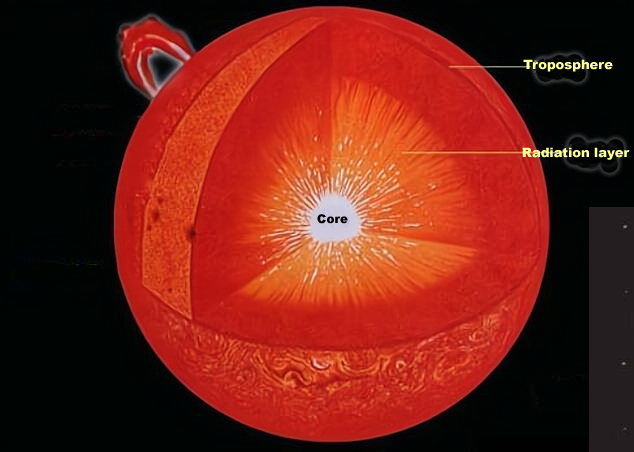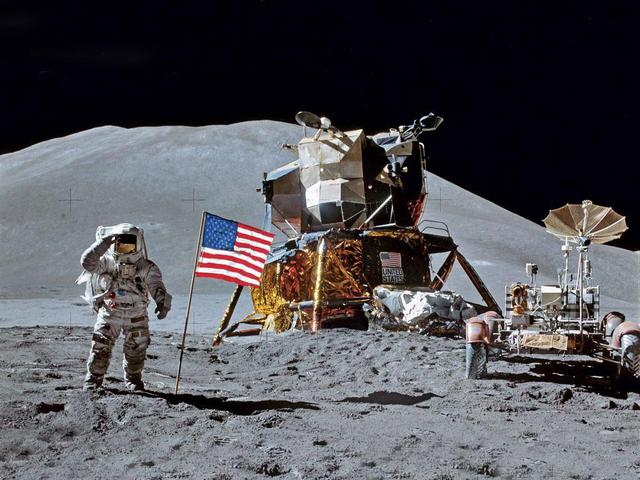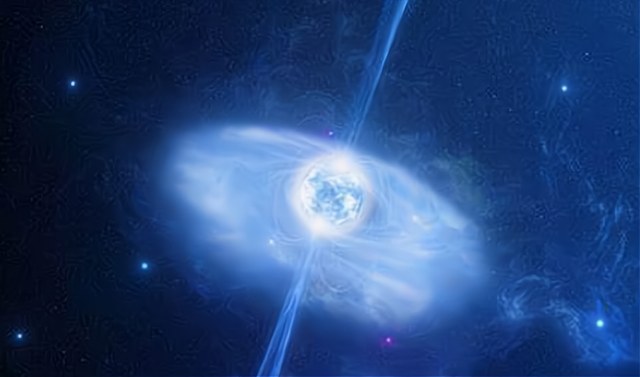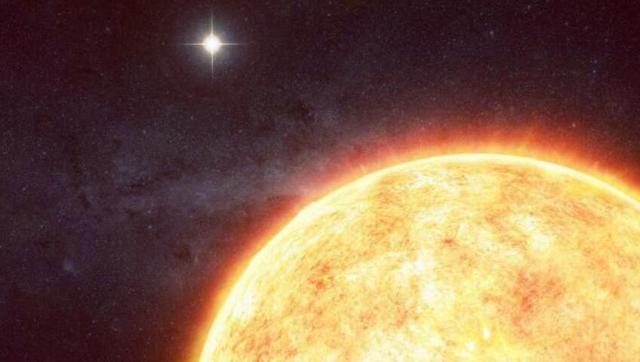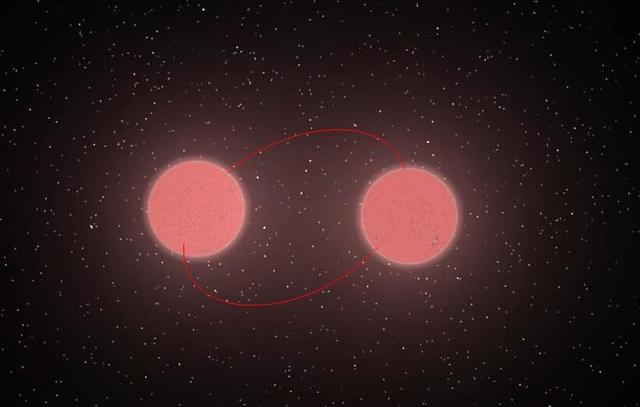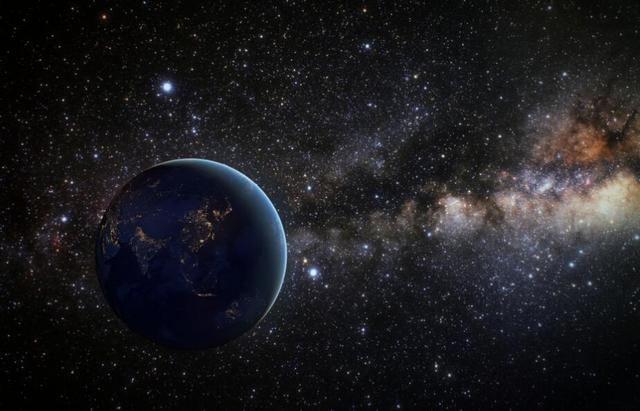About 4.6 billion years ago, a giant interstellar molecular cloud collapsed gravitationally to form our solar system, in which most of the mass is concentrated in the sun, in addition to the eight planets and a large number of moons and dwarf planets. Whether it is the sun, or the earth, or us humans, it all came from nothing. And the earth was not suitable for life at its inception. The early earth's surface consisted of hot magma oceans that were very hot, and as the temperature of the earth's surface dropped, the hot magma oceans eventually formed the hard ground that later created the conditions for the earth to nurture life.
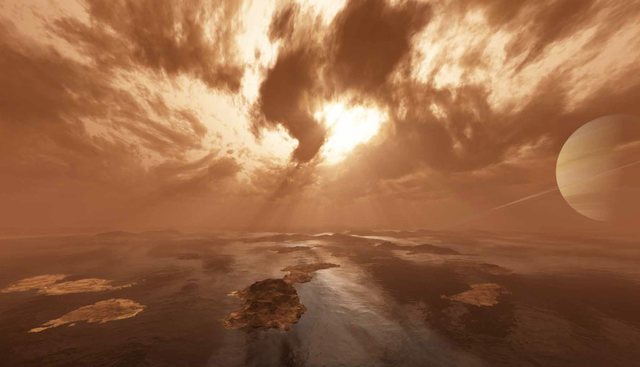
Other planetary environments are not static, for example, mars was once also a warm, humid world and relatively suitable for life, but the planet later underwent radical changes and eventually became the extremely desolate, arid landscape it is now. Within our solar system, there is another planet that resembles the former earth and is thought to be a possible alternative 'extraterrestrial home' for us humans: Titan.
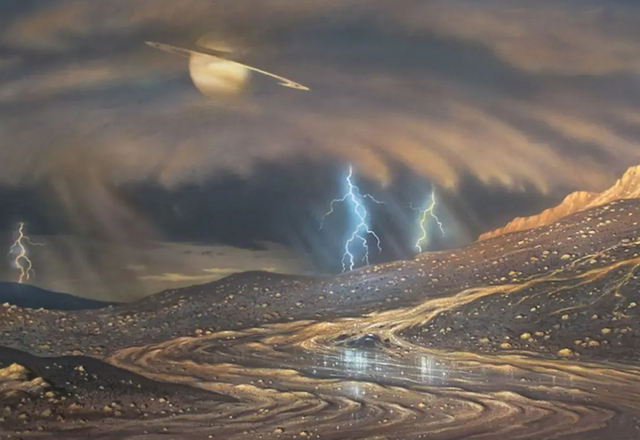
The giant gaseous planet saturn has many moons, one of which is titan (also known as titan), the largest of saturn's moons and the second largest in our solar system, after io. With an average radius of 2575 km, titan is larger than the planet mercury.
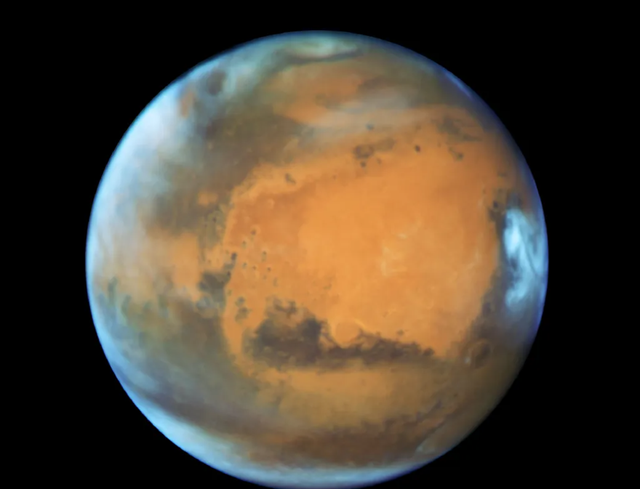
The relatively large size is not the most attractive feature of titan, as there are many other moons in our solar system that are also larger in size, as well as dwarf planets. It is probably the environment of titan that is most appealing to us. The present-day titan is so similar to the earth billions of years ago that scientists believe it is a 'time machine', and studying it may help us to understand the early days of the earth's formation, and may even help us to solve the mystery of the origin of life on earth.
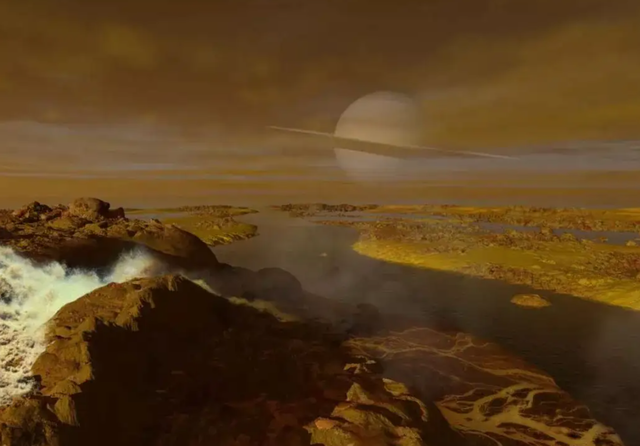
Titan is a lot like earth
The ability of earth to be a living planet has a lot to do with the conditions on the planet itself, such as the fact that our planet has a dense atmosphere in which we can breathe freely. Titan has a similar atmosphere. It is the only moon in our solar system with a dense atmosphere, and its surface atmospheric pressure is about 1.5 times that of earth's, with a little more atmospheric pressure than earth. Scientists believe that the fact that titan has a dense atmosphere is helpful for our future landing on titan, because our probe can slow down with the help of air resistance and eventually land on the surface of titan. The huygens probe has successfully landed on the surface of titan before, sending back some data and photos to let us see the real surface of titan.
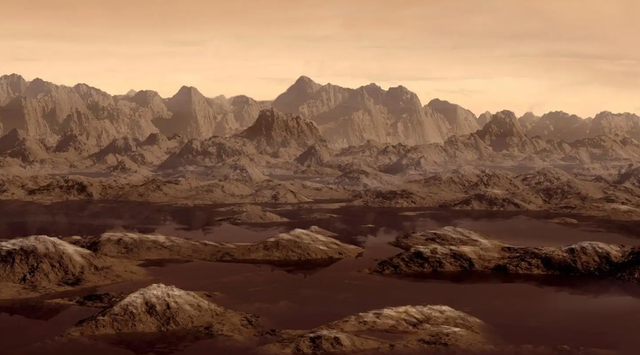
Like earth, titan has a nitrogen-rich atmosphere, 98.44% of which is nitrogen, making it the only nitrogen-rich planet in the solar system other than earth. In addition to this, titan's atmosphere contains other hydrocarbons, such as methane and other gases. It is because the atmosphere on the surface of titan is so thick that clouds obscure our view of its surface. On the surface of this hazy planet, there are actually liquid lakes and liquid oceans, just like the earth billions of years ago.
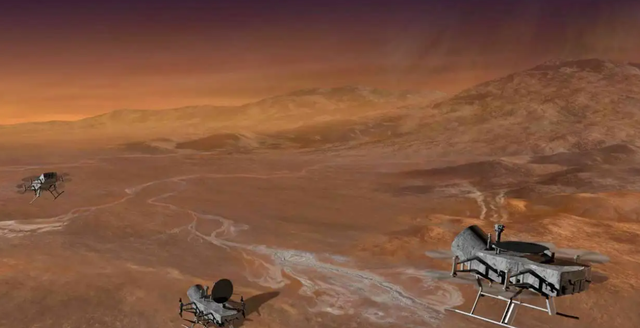
During its observations of the saturn system, the cassini probe discovered strange traces of titan, which scientists believe to be "Dark rivers" On titan's surface, "Large oceans" From their source to titan, a the "Dark river" Is 400 kilometres long. Although we have found oceans and lakes on titan's surface many times, the liquid lakes on the planet's surface are not liquid water, but are composed of liquid methane, ethane and other hydrocarbons.
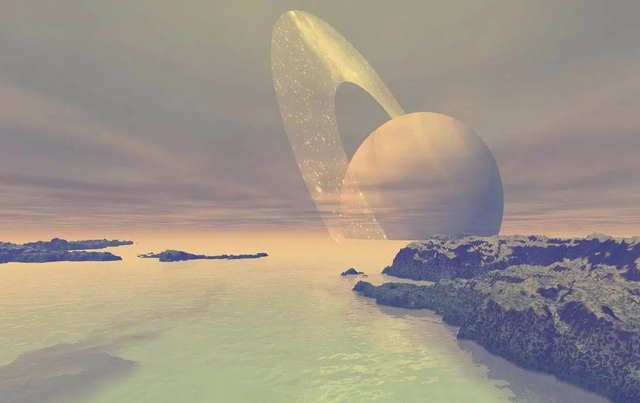
Scientists: Extraterrestrial life may exist
Although earth is the only known living planet, and when looking for extraterrestrial life we generally refer to the earth's environment, such as the need for suitable surface temperatures and liquid water, such a view may be rather one-sided, as we can't imagine at all how vital and adaptable living things really are. Far from it, there are some extremely hardy organisms in some very harsh areas of our planet, such as in the depths of the oceans, or in volcanic craters or icebergs. So, there are also some scientists who believe that alien life is not necessarily like ours on earth, but may be so special that they don't necessarily have to have oxygen and may get the energy they need directly from those organic substances such as methane.
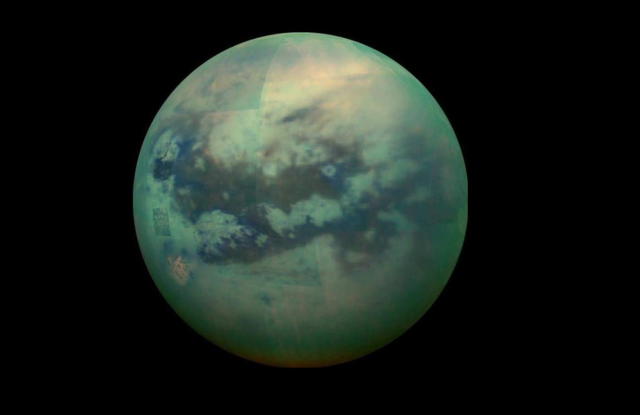
Titan has such conditions; on its surface there are lakes formed by alkane substances like liquid methane, and after analysing the atmospheric data of titan, scientists have found that the planet's atmosphere contains very high levels of many chemicals that are crucial for the origin of life. Given titan's unique environment, scientists believe that there may be some "Alternative" Life forms on titan that do not use liquid water to survive, but rather a new form of life that uses liquid methane and ethane material.
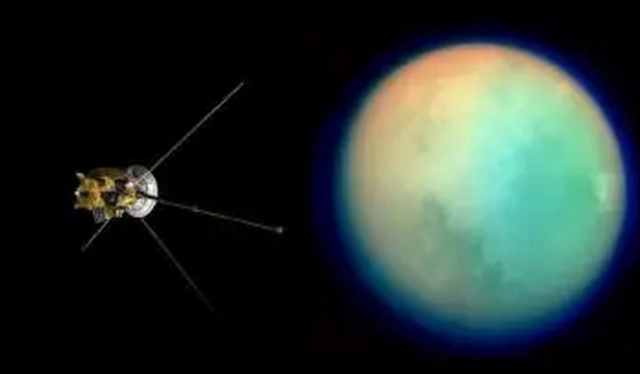
It is not unusual for scientists to have this view. Because the current titan is very much like the earth of more than 4 billion years ago, based on the current exploration of titan, scientists believe that in the future, if there are no accidents, titan may become more like the current earth in 1.5-2 billion years, and by then some brand new creatures may appear, and these new creatures may be very much like the creatures of our earth now. Once earth-like creatures do appear on titan in the future, then we humans may no longer be alone in our solar system.
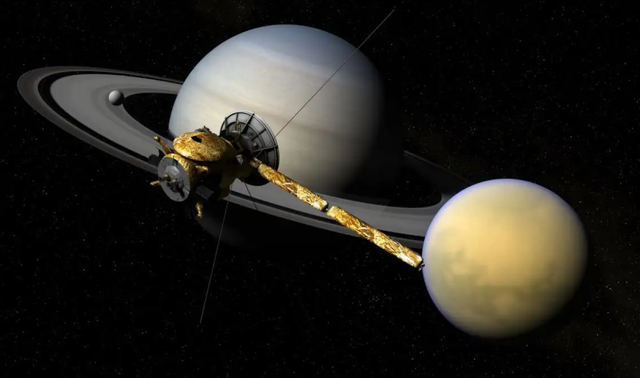
Could titan become our 'second home'?
Apart from the current problems of climate warming and asteroid threats, there is another major problem that will make it impossible for human civilisation to continue on earth: The problem of the sun. According to scientists' observations, the sun's brightness and temperature are rising, and it is expected that in another billion years or so, the heat emitted by the sun will be enough to make the earth so hot that it will no longer be a habitable planet, and everything in the world will cease to exist.
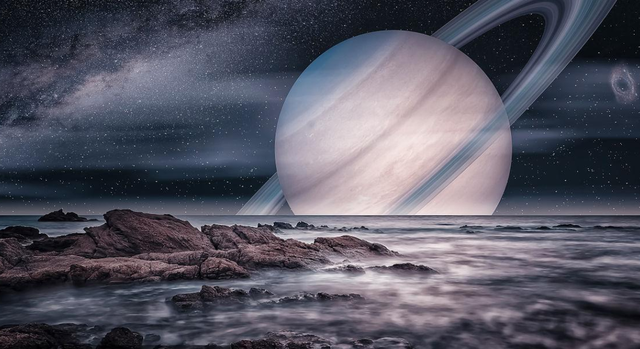
Since titan may become more like the present earth in another 1.5 billion years or so, it is actually possible for us humans to migrate to titan before the earth is no longer habitable, or to migrate to mars first and use it as a transitional home until titan becomes a human home.
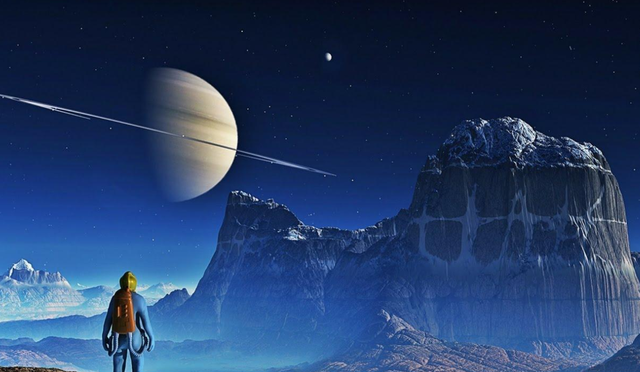
However, as the environment of titan is very special, it is likely that there are some alien beings that overturn our human cognition, especially microorganisms. If we humans migrate to titan in the future, will these unknown creatures pose a threat to us? This is also a question worth studying. Imagine if titan was littered with deadly viruses, would we humans still be able to survive on it?

